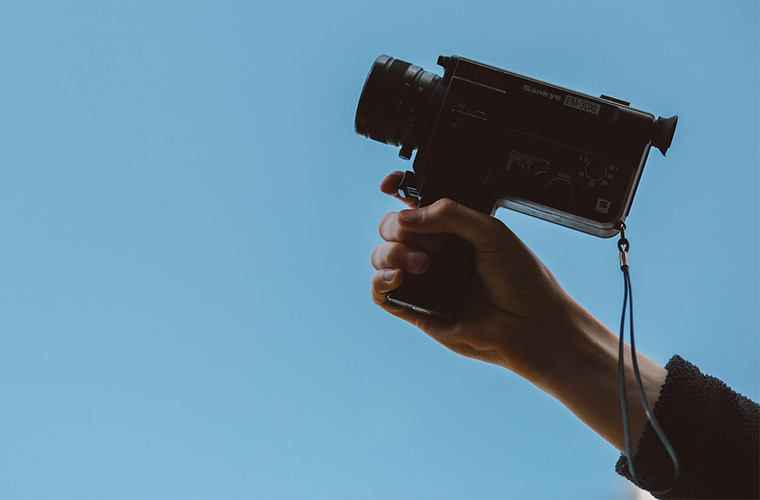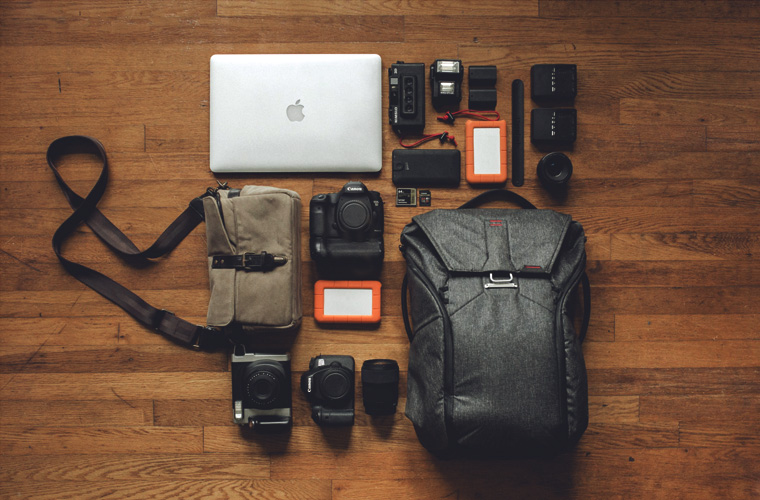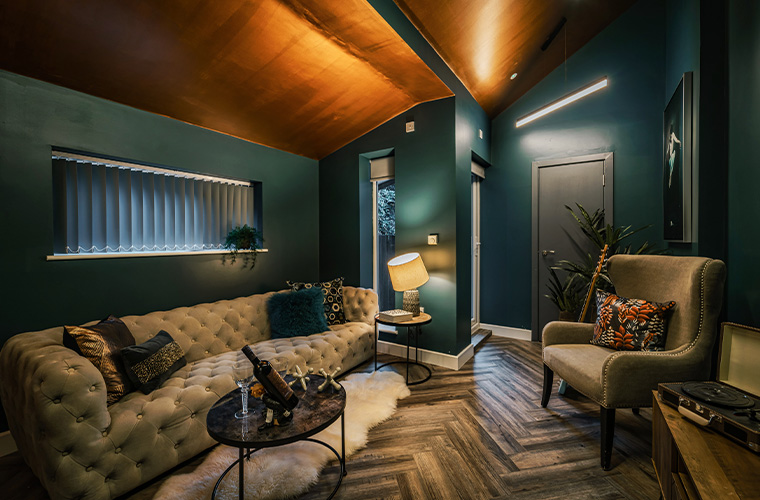The Ownership Conundrum: Who Really Owns Raw Footage from a Video Shoot?

When commissioning a video production company to create videos for you, it’s important to understand that you typically won’t own the raw footage. This means that you won’t have access to the original video files captured during the production process, and you won’t be able to use them to create new videos or make changes to the existing ones.
The reason for this is that the raw footage is considered the intellectual property of the video production company. By hiring them, you’re paying for their expertise, equipment, and time to capture and edit footage to suit a specific brief.
It’s essential to be aware of these ownership and usage rights when working with a video production company to avoid any misunderstandings or disputes down the line.
Understanding Ownership and Usage Rights
The first thing to understand is that ownership and usage rights are two separate issues. Ownership refers to who has legal ownership of the raw footage. Usage rights refer to the permissions given to others to use or manipulate the footage.
In most cases, the videographer who shot the footage is the legal owner of the raw footage. However, ownership can be transferred to another person or entity through a contract, such as a work-for-hire agreement. It is important to carefully read any contracts that you sign to understand who owns the footage.
Usage rights are typically granted through a licensing agreement. A licensing agreement outlines how the footage can be used, who can use it, and for what purposes. Licensing agreements are essential to protect the intellectual property of the videographer and to ensure that they receive proper compensation for their work.
Protecting Your Creative and Financial Investment
As a videographer, your raw footage represents a significant creative and financial investment. It is essential to protect this investment by understanding your ownership rights and by creating clear licensing agreements.
One of the most important things you can do is to clearly define ownership in any contracts that you sign. This will help to avoid confusion and disputes down the line. Additionally, you should always create clear licensing agreements that outline the permitted uses of the footage, the duration of the license, and any compensation that you will receive.
Conclusion
To sum it up, the question of who owns the raw footage from a video shoot can be a tricky one, but as a videographer, it’s crucial to understand the intricacies of ownership and usage rights. When hiring a video production company to create videos, it’s essential to keep in mind that while you may not own the raw footage, you still have rights to use the final video product as agreed upon in your contract with the video production company.
It’s important to be clear about ownership and usage rights from the outset to avoid any misunderstandings or disputes down the line. You can protect your investment and ensure that you receive proper compensation for your work by understanding your rights and limitations when it comes to the footage that is created.
Remember, intellectual property is a valuable asset, and it’s crucial to take steps to protect it. You can safeguard your raw footage and ensure that your creative and financial investment is properly protected by working with a reputable video production company and creating clear contracts that outline ownership and usage rights.







